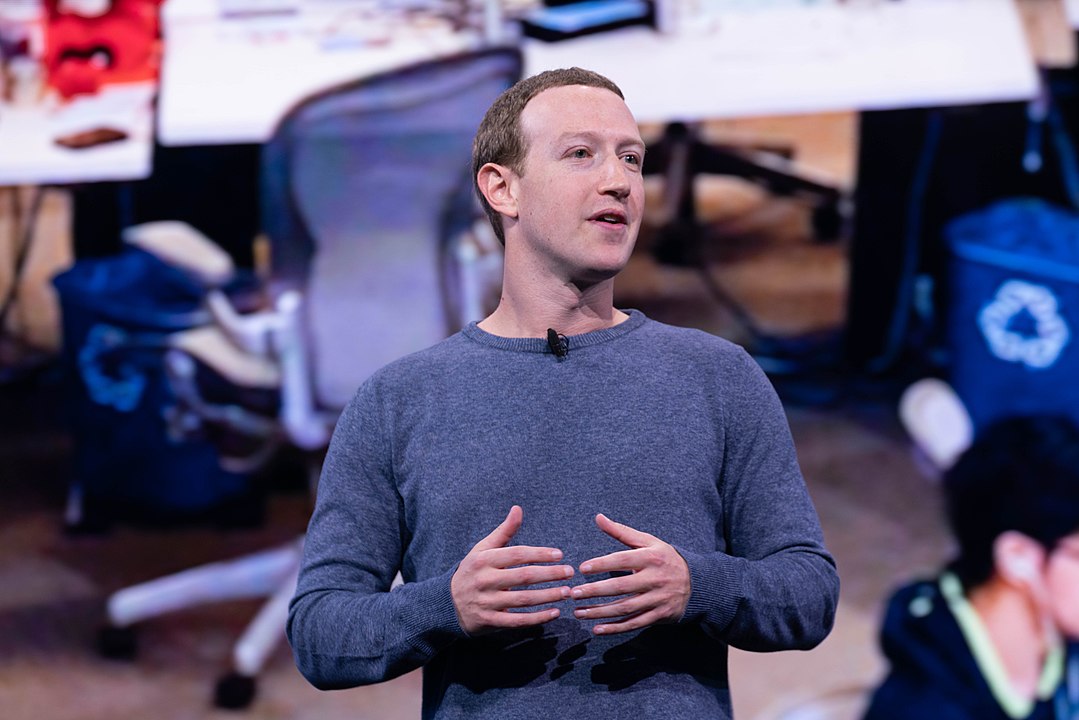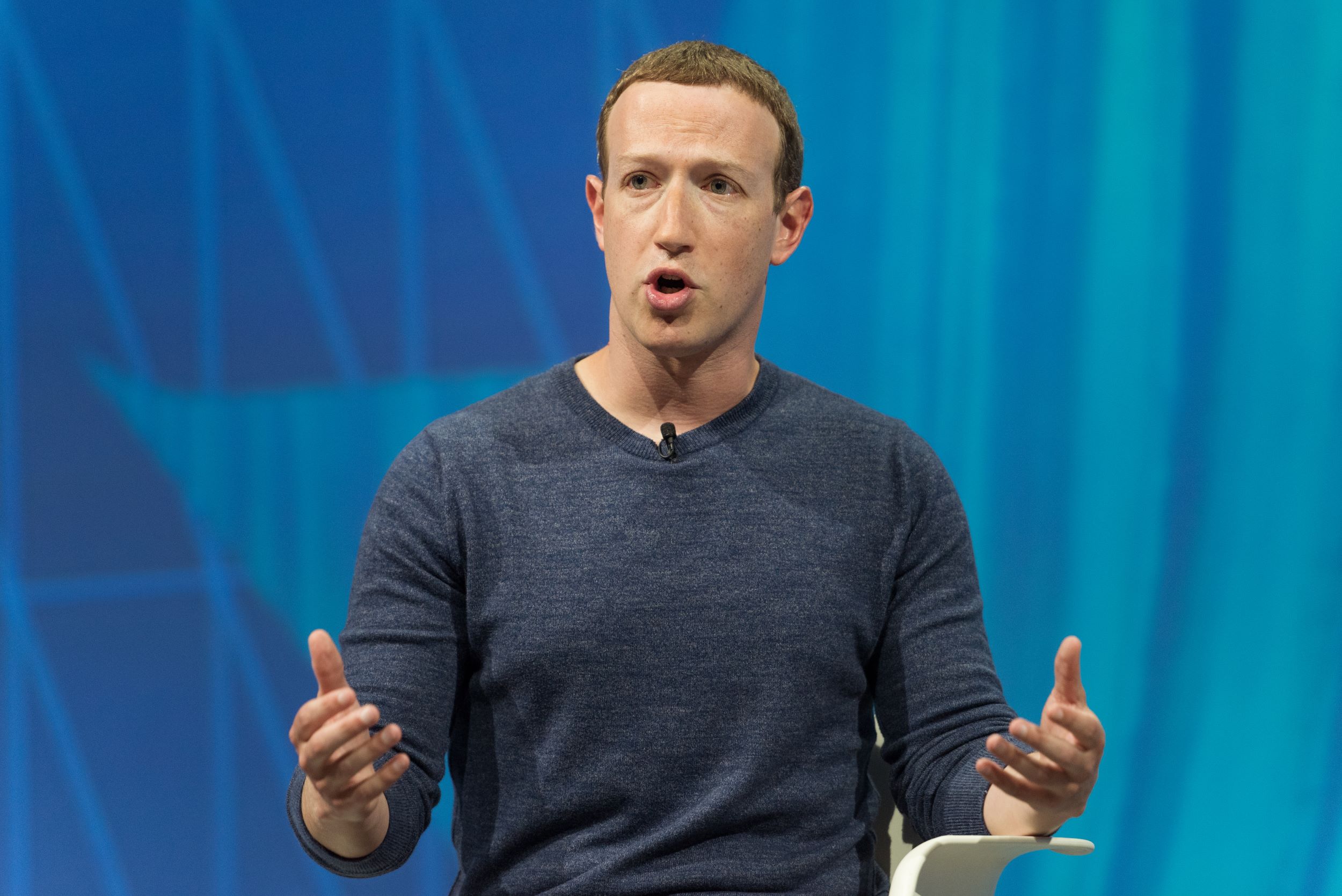Inside Zuckerberg’s Superintelligent AI Gamble: The Team, the Costs, and the Controversy
Mark Zuckerberg has placed Meta at the center of one of the most ambitious—and contentious—missions in modern tech: the creation of artificial general intelligence (AGI). Unlike today’s narrow AI systems, AGI would possess human-like reasoning, learning, and adaptability across virtually any domain. In early 2024, Zuckerberg announced a sweeping reorganization of Meta’s AI division, pledging billions in funding and recruiting what he calls a “superintelligent” team to achieve this goal. But as the project takes shape, critical questions emerge about its feasibility, ethics, and Zuckerberg’s track record of overpromising on transformative technologies.
The AGI Mission: Lofty Goals and Uncharted Territory
Meta’s AGI project is framed as an open-source initiative aimed at “benefiting humanity,” but the technical and philosophical hurdles are staggering. True AGI—an AI that can perform any intellectual task as well as or better than humans—remains theoretical. While narrow AI systems like ChatGPT excel at specific functions, they lack generalized understanding. Zuckerberg’s vision, as outlined in a January 2024 interview with The Verge, hinges on breakthroughs in multimodal learning (integrating text, images, and sensory data) and self-improving algorithms. However, leading researchers, including Meta’s own Chief AI Scientist Yann LeCun, have cautioned that AGI may still be decades away. LeCun, a deep learning pioneer, has openly disagreed with Zuckerberg’s aggressive timeline, telling MIT Technology Review in February 2024 that “we’re missing fundamental innovations to reach human-level AI.”

Image by Anthony Quintano from Westminster,
Building the “Superintelligent” Team: Who’s In and Who’s Skeptical
To spearhead this effort, Meta is assembling a roster of elite researchers, though the full team remains shrouded in secrecy. The highest-profile confirmed hire is Alexandr Wang, the 27-year-old CEO of Scale AI, a data-labeling firm with Pentagon contracts. Wang’s recruitment, reported by The Information in March 2024, signals Meta’s focus on scalable training infrastructure, as Scale AI specializes in processing vast datasets for machine learning. Yet Wang’s lack of published AGI research has raised eyebrows. Other confirmed members include veterans from DeepMind and OpenAI, particularly those with expertise in reinforcement learning—a technique critical for AI systems that learn through trial and error.
Notably absent are figures like Geoffrey Hinton, the “Godfather of AI,” who left Google in 2023 to warn about AGI risks. In an April 2024 interview with CNN, Hinton questioned the wisdom of corporate-driven AGI projects, stating, “Profit motives and superintelligence are a dangerous mix.” Similarly, Ilya Sutskever, OpenAI’s co-founder, has not joined despite Meta’s overtures, suggesting divisions within the AI community about the project’s viability.
Related: What Meta’s Trial Means for Investors and the Tech Sector
Related: Mark Zuckerberg Buys $23M DC Mansion Ahead of Key Meta Trial
The Hiring Bar: What It Takes to Join Meta’s AGI Lab
Meta’s job postings for the AGI team, reviewed by Wired in February 2024, reveal near-impossible standards. Candidates are expected to hold PhDs in machine learning or neuroscience, with published work on cutting-edge topics like neurosymbolic AI (which combines neural networks with symbolic reasoning) or AI alignment (ensuring AI systems act as intended). Insider accounts describe a grueling interview process involving live coding challenges and debates about AI ethics. According to a former Meta AI researcher who spoke to The Atlantic on condition of anonymity, Zuckerberg is personally involved in hiring decisions, favoring “unconventional thinkers” willing to challenge academic orthodoxy.
However, the project’s secrecy has drawn criticism. Unlike OpenAI’s now-disbanded safety team, Meta has not clarified its AGI safety protocols, leading to concerns among ethicists. In a March 2024 op-ed for The Guardian, AI safety researcher Margaret Mitchell warned that Meta’s “move fast” culture could prioritize breakthroughs over safeguards.

The Price Tag: $10 Billion a Year—and Rising
Zuckerberg has committed to spending over $10 billion annually on AGI development, a figure disclosed in Meta’s Q4 2023 earnings call. This budget covers custom-built AI chips (to reduce reliance on Nvidia), a fleet of 600,000 GPUs, and sprawling data centers. Yet comparisons to other AGI efforts suggest costs could explode. OpenAI spent an estimated $100 million training GPT-4, and Google DeepMind’s annual budget reportedly exceeds $1.5 billion. AGI would require orders of magnitude more compute power, with some models, like Elon Musk’s xAI, already consuming megawatts of energy per day.
Investors are wary. Meta’s Reality Labs division, responsible for the metaverse, has lost over $50 billion since 2021, and analysts like Bernstein’s Mark Shmulik have questioned whether AGI will fare better. “Zuckerberg is betting the company on two moonshots simultaneously,” Shmulik told Bloomberg in April 2024. “History suggests at least one will fail.”
Related: Who Owns ChatGPT?
Zuckerberg’s Pattern of Overpromising
Skepticism about Meta’s AGI push is compounded by Zuckerberg’s history of inflated claims. In 2016, he predicted AI would “solve disease” by 2026, yet Meta’s medical AI projects have produced no breakthroughs. In 2022, he declared AI would “unlock the metaverse,” but Meta’s VR platforms remain niche products. Even Meta’s much-hyped large language model, LLaMA, has lagged behind OpenAI and Anthropic in benchmarks.
Gary Marcus, an AI researcher and vocal AGI skeptic, told The Financial Times that Zuckerberg’s timeline is “pure fantasy.” “AGI isn’t just a bigger ChatGPT,” Marcus said. “We don’t understand human cognition well enough to replicate it.” Others, like Stanford’s Percy Liang, argue Meta’s open-source approach could backfire if powerful AI falls into malicious hands.

The Stakes: An AI Arms Race with No Rules
Meta’s project intensifies a brewing conflict among tech giants. Google DeepMind, OpenAI, and Anthropic are all pursuing AGI, but with differing safety measures. Governments are scrambling to respond; the EU’s AI Act, passed in March 2024, imposes strict transparency requirements on AGI projects, while the U.S. has yet to enact meaningful regulation.
Zuckerberg insists Meta will open-source its AGI, but critics argue this could be catastrophic. “You can’t democratize a technology that could destabilize society,” said Helen Toner, former OpenAI board member, in a recent Firstpost interview. Meanwhile, Meta’s AGI team faces internal challenges, including employee attrition. Two researchers reportedly left in Q1 2024 over ethical concerns, per The Information.

Conclusion
Zuckerberg’s AGI mission is a defining gamble for Meta—one that could reshape the company or become its most expensive failure. While the recruitment of top talent and massive funding are impressive, the scientific and ethical roadblocks are formidable. As the AI community watches closely, one thing is clear: the race for superintelligence is accelerating, and the consequences will reverberate far beyond Silicon Valley.














